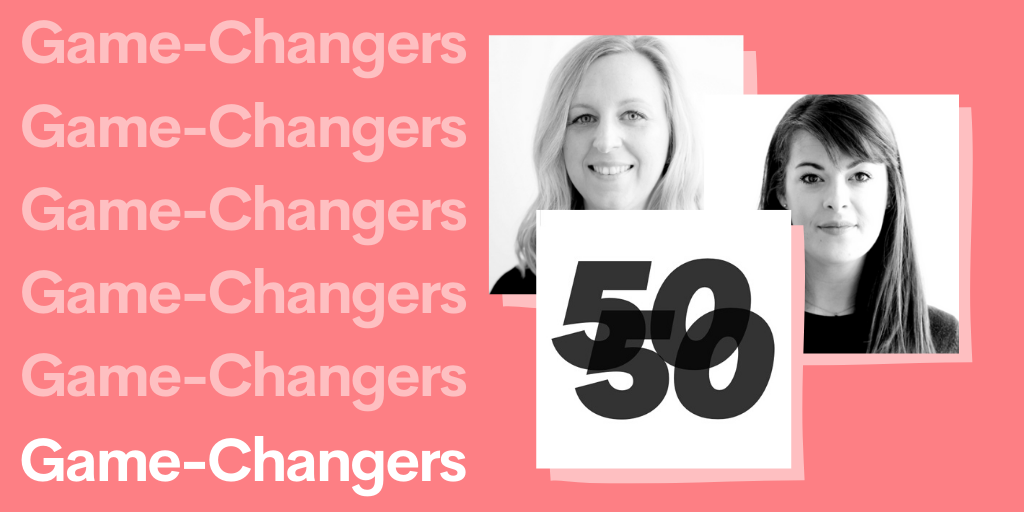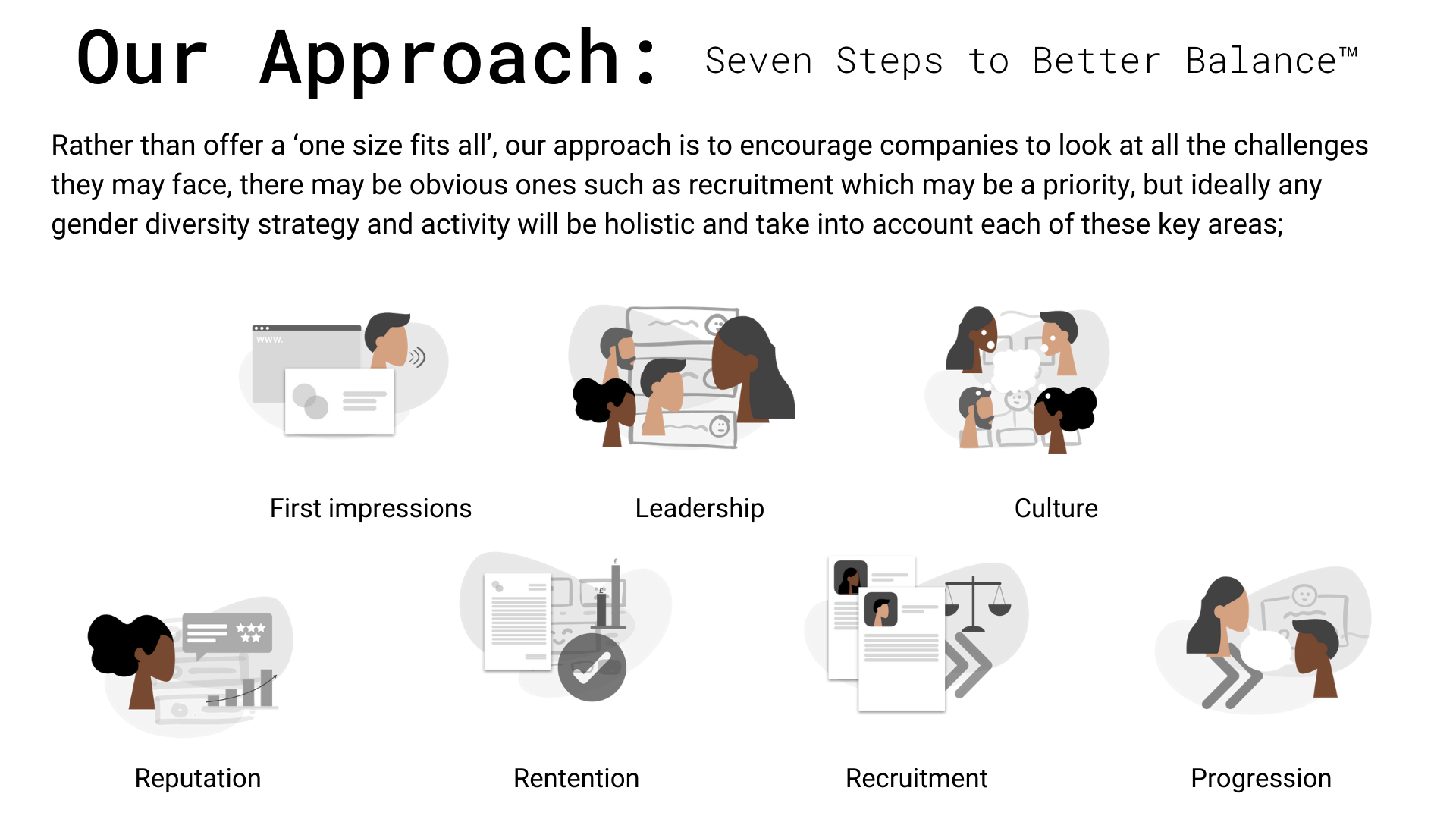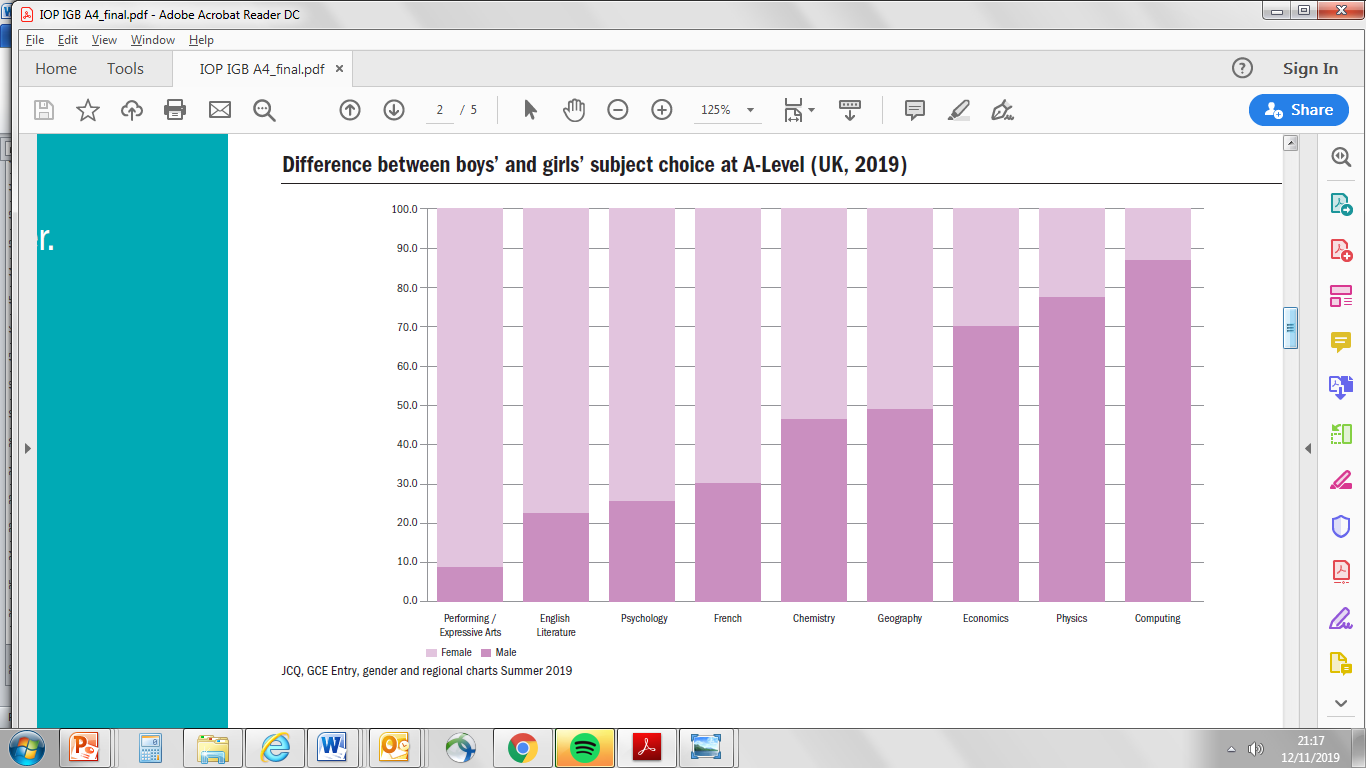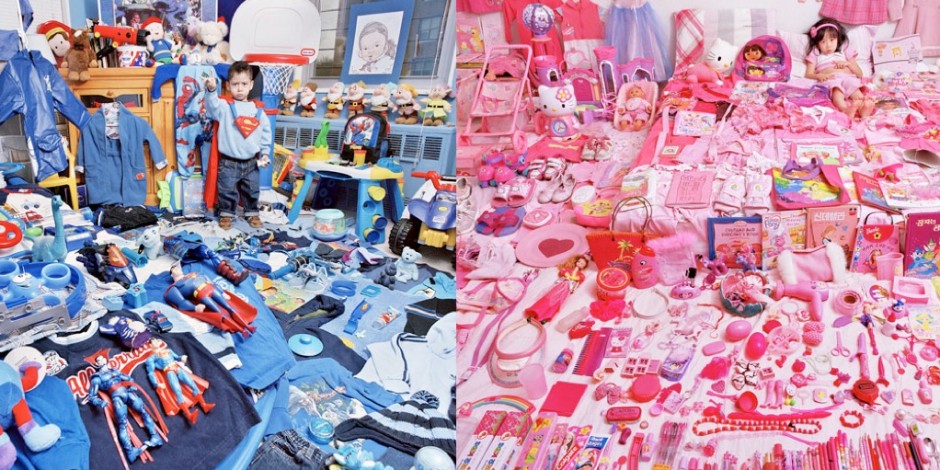Celebrating Women in Digital and Tech: An Interview with 50:50 Future
We're pleased to share an interview we did with Lyndsey Britton and Lynsey Harbottle, Co-Founders of 50:50 Future, in relation to International Women's Month! Check it out below.

1. Tell me about 50:50 – what do you do, and what is the purpose of it all?
50:50 Future Ltd is a Diversity & Inclusion training and consultancy company that specialises in Gender Balance. Our overall mission is to achieve gender equality in the workplace, we are different in that our approach is inclusive to truly create the right conditions and environment for better balance across the board – that means we include men in the conversation! That sounds like a really obvious approach but it rarely happens, we want to make sure men and women are on the same page, understanding the barriers and challenges in the workplace and how to support change.
2. Why do you think that having a 50:50 workplace is important for both the business and the employees?
For us it’s not about 50:50 bums on seats, it’s really about ensuring everyone has equal opportunities which cuts across the whole D&I spectrum and is something we believe every individual should have access to. We understand that an equal split can’t always be achieved due to factors beyond our control such as demographics – we wouldn’t want it to be a tick box exercise where positive discrimination plays into recruitment to achieve better balance.
To name a few of the main benefits of having a diverse workforce in whatever sense that is, would be;
- Society is changing and our workplaces need to be prepared, be adaptable and have Diversity and Inclusion as a top priority otherwise they’ll lose out on potential (and existing) customers and employees.
- Workplaces should be reflective of the communities and customers they serve.
- A diverse set of experiences, perspectives, and backgrounds is crucial to innovation and the development of new ideas.
- Above all else, it is ethically the right thing to do – everyone has a right to equal opportunities

3. In light of International Women’s Day, what do you think needs to happen in order to attract more women to work in what would be more male-dominated industries, such as tech or construction, in order to achieve a 50:50 split?
Well, as we mentioned, not necessarily to attract a 50:50 split exactly but to be a more attractive employer to a broader range of people, we have developed our Seven Steps to Better Balance. This diagnostic tool provides a holistic approach to an organisation’s D&I strategy, most companies point to recruitment as their biggest challenge but actually, this feeds into a much wider blueprint.
Many companies know they have issues but aren’t sure how to tackle them. Diversity & Inclusion plays a huge role in attracting and retaining the right talent, company culture, employee wellbeing and belonging, our Seven Steps help organisations get a bird’s eye view of where their key challenges lie and how they interlink across the organisation.

4. Where do you think the balance is when it comes to hiring – between hiring based on merit whilst also trying to achieve an equal gender split?
Recruitment is a huge piece of an organisation’s D&I strategy, taking into consideration things like;
● Job ads – format, language, tone of voice, benefits, where are you pushing your ads – outside of your own networks?
● Hiring procedure – information gathered from CVs, who is on the interview panels / have recruiters had Unconscious Bias training, do you have a structured format for interview questions, are you hiring for culture fit or culture complementary and do candidates feel welcome coming into the interview?
And that’s just scratching the surface! We would also strongly recommend positive action rather than positive discrimination – if you have two candidates with equal skills and experience, hire the underrepresented individual. This is a fair way to achieve better balance.
5. It’s often said that encouraging more women to go into sectors such as tech and digital goes back to the education system, even as early as primary school. What would you change about the current education system?
An education outreach arm where we have a two-strand approach to tackling issues in schools around gender bias and its harmful effect and promoting Diversity and Inclusion.
As you rightly say, there is a disparity in the take-up of pursuing STEM careers between boys and girls despite the evidence that they are equally as interested and girls slightly outperform boys in these subjects. Gender stereotypes and unconscious bias can have an impact from a very early age which can steer the way we view the world in terms of gender, assigning things ‘for girls’ and ‘for boys’ including subject choices and careers. Young people still make very stereotyped gendered choices in subjects and interests/ hobbies. This, of course, transfers to career choices and a lack of women in STEM and lack of men in caring roles such as social workers, nurses and early years education.

Research from WISE “Not for People Like Me?” Report, highlights that;
● Careers from STEM are not popular aspirations for students age 10 -14.
● Pupils from age 10 start to self-identify as ‘not STEM’.
● Teachers often have lower (stereotypical) expectations of under-represented groups
in STEM reinforcing their non-STEM self-identity.
We all need to play our part in cultivating more appeal in tech /digital with our future generations, whether that’s as a parent or as an influencer of young people. To create a future of diverse techies we need our young people to see that ‘tech is for people like me’. Diversity is crucial to encouraging different perspectives and ideas that foster innovation and this is a field that must be led by innovators.
Examples of the work we do in schools covers;
● Sessions for pupils from Year 6 to Year 11 that unpick deep-seated gender biases in our society and the impact that can have. Some sessions can include examples of unconscious bias and how we can break bias to become more inclusive as well as careers links to raise regional awareness with industry ambassadors with a focus on challenging typical roles i.e women in STEM and men in Health & Social Care.
● Sessions for teachers including unconscious bias training and inclusive teaching techniques /strategies. Supporting educators to keep up with non-traditional career roles and developments with inclusive teaching.
By supporting educators in their pedagogy, raising awareness with their own biases as well as those of the pupils to break down barriers and become more inclusive, we ultimately intend to contribute to bridging the skills gaps in the STEM sector and gender pay gaps across all sectors where there is imbalance.
There are simple things we can ALL do to tackle these barriers with our younger generations;
● Challenge gender stereotypes such as the ‘pink & blue divide’
● As industry – pay it forward to our future workforce and BE VISIBLE. You can’t be what you can’t see, connect with your local communities, schools, colleges and universities.
We all have a responsibility and duty of care to ensure our future workforce have access to every opportunity.

Find out more about 50:50 Future here!
Address
Coronation House, 65 Quayside, Newcastle Upon Tyne, NE1 3DE
Telephone
07955289085
Connect with Generator
© Generator 2025 - All rights reserved.
Delivered with Cargo Creative




















